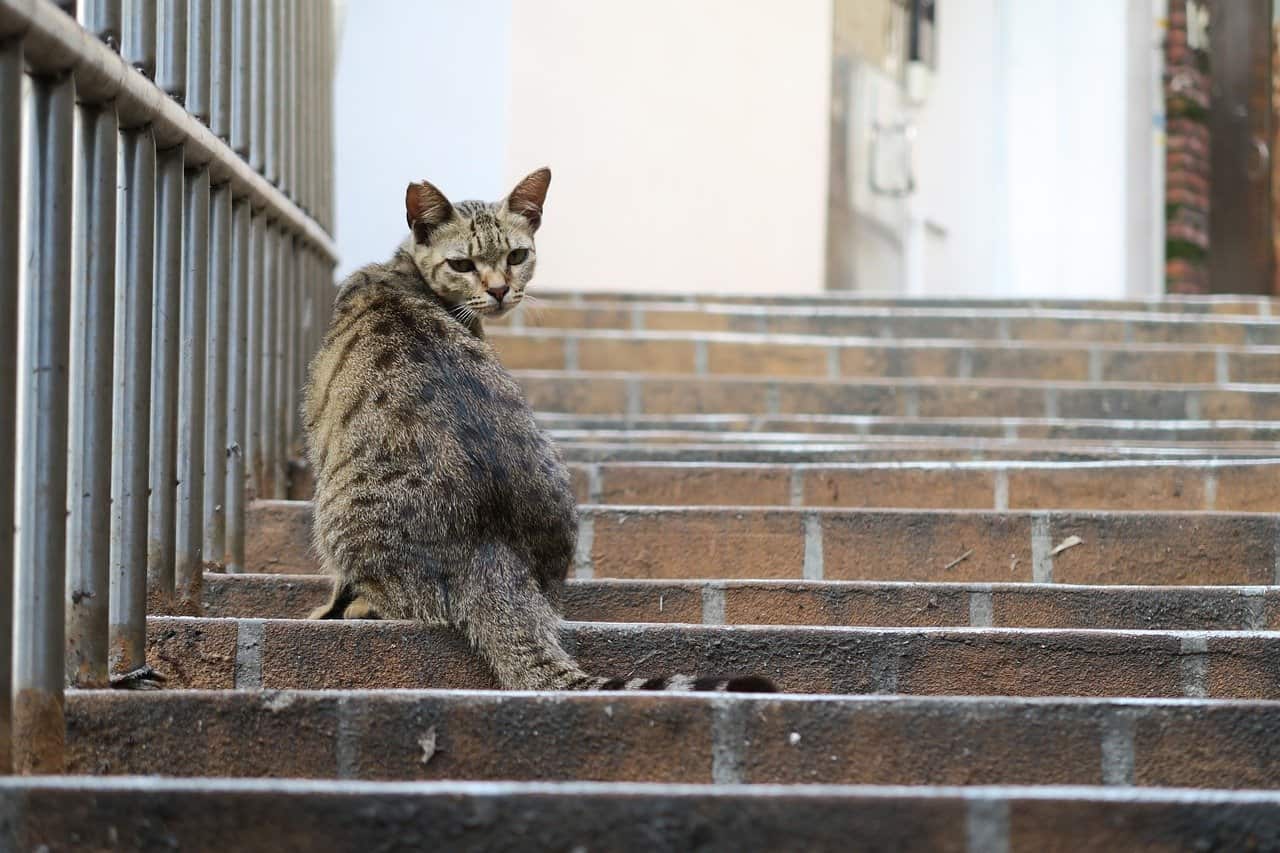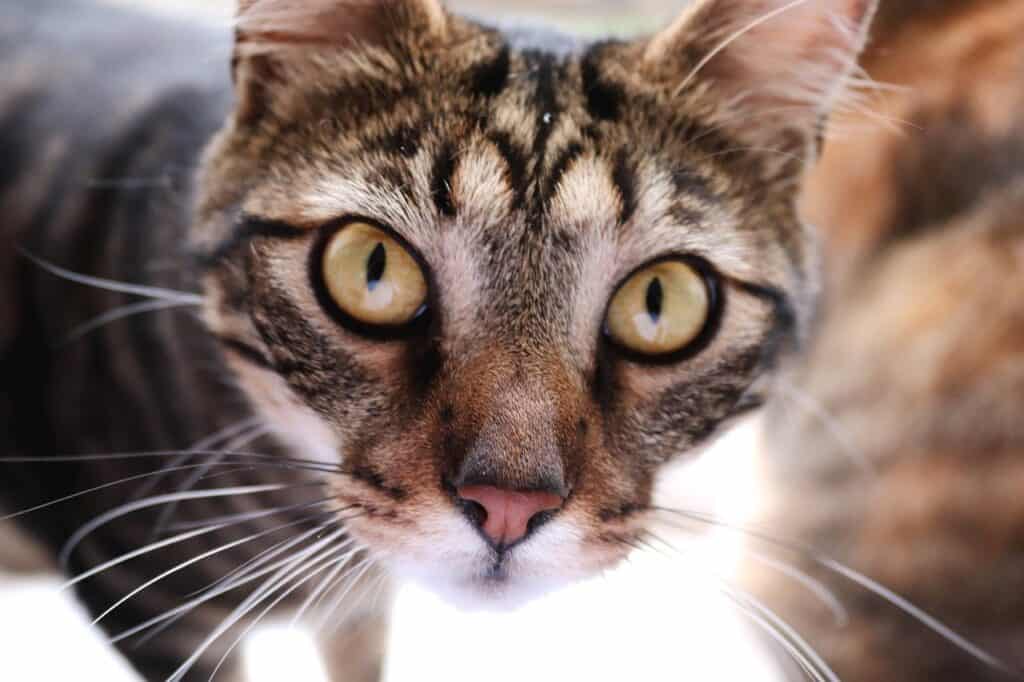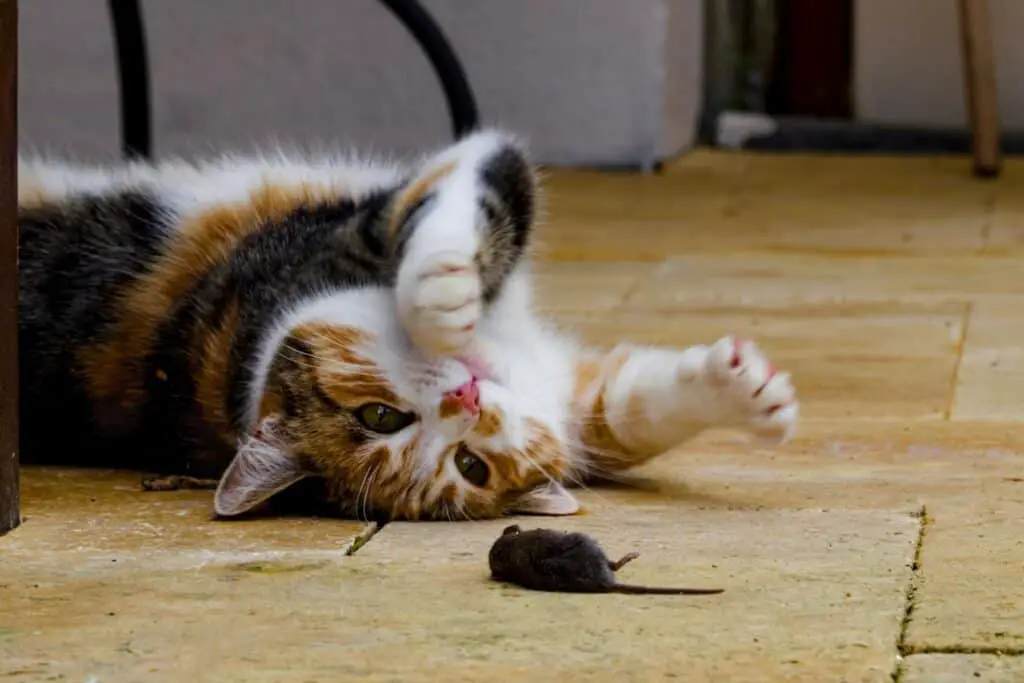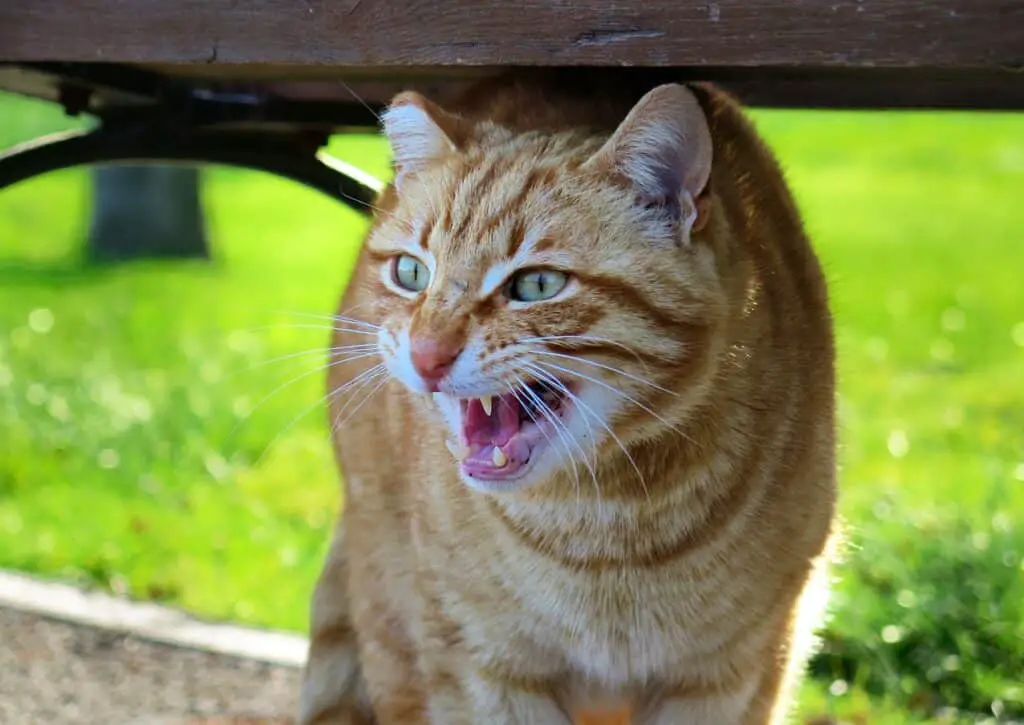As cat-parents, we’ve all been in a situation where we’ve accidentally wronged our cat. Of course, we feel bad about it, and we want to make it up and clear the air.
Whether you’ve stepped on a paw or a tail, or maybe you didn’t spend enough time with your cat, you can be sure that they will let you know how they feel about it. Because cats are very sensitive creatures, it’s always a good idea to clear the air and show you’re sorry about it.
Cats are very sensitive and have a good memory. If you wrong them, they will keep their distance, especially if it happens regularly. It’s a good idea to make amends with your cat. The best way to apologize to your cat is to be sincere about it, choose the right time, and come bearing gifts such as treats or a belly rub.
When done right, you’ll find that your cat is glad to forgive your wrongdoings and she might even return the favor.
How to tell your cat you’re sorry?
You might ask yourself, “why should I apologize to my cat?” and, “do they even understand what I’m trying to do?”
Although cat emotions work differently than ours, they can still get mad at us for things. When they do, you will notice that your cat behaves differently.
In these situations, an apology can work wonders, even with cats. Let’s look at how to approach this.
Be sincere about it
No one likes to receive an apology that isn’t sincere. Like us, cats can tell if you’re not honest with them.
Show that you know what you did wrong and that you’ve come to say sorry for that specific reason. For example, if you stepped on their tail, direct some attention to that body part. Most importantly, show that you care and didn’t mean to hurt or offend them.
Take the time for your apology. Don’t rush it, show that you mean it.
Choose the right time for an apology
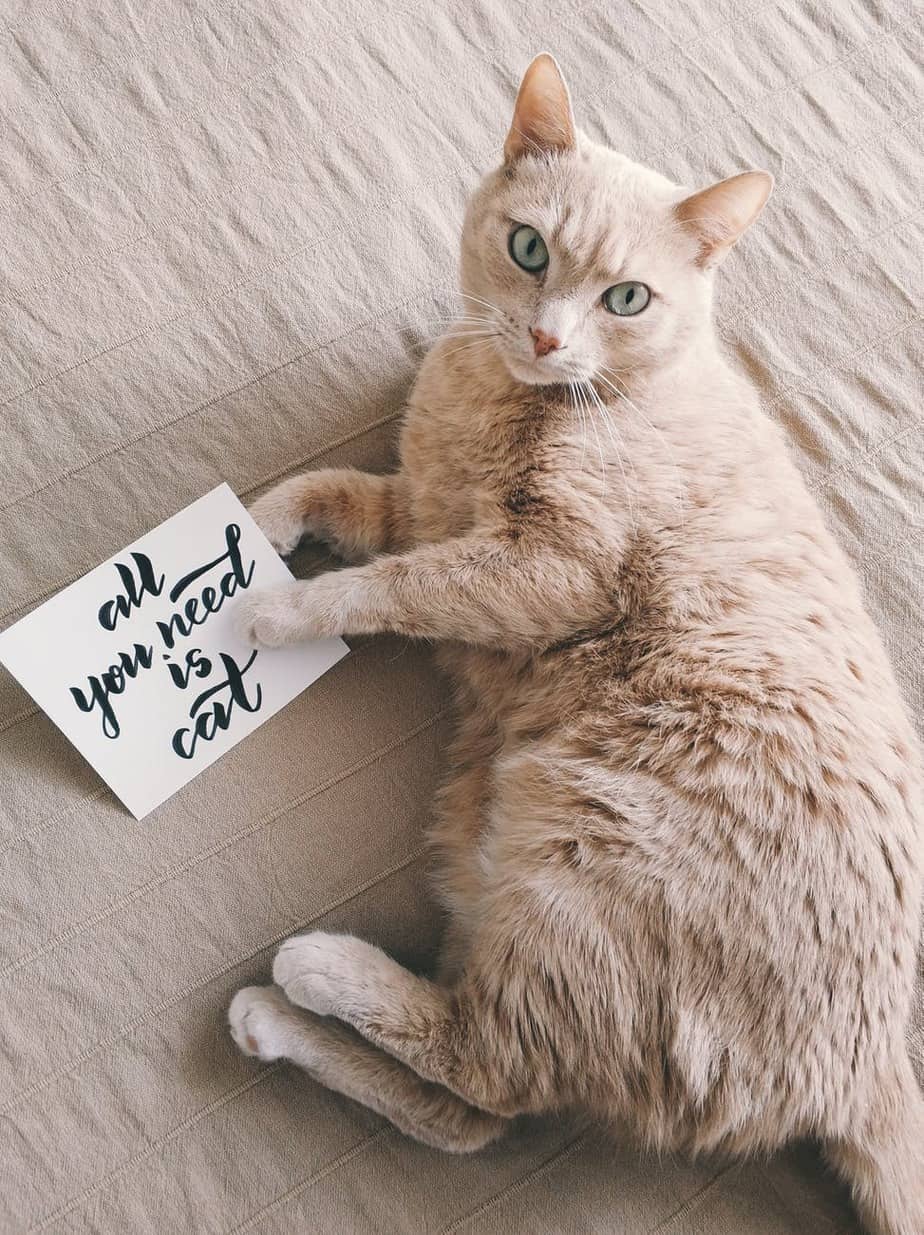
The phrase ‘timing is everything’ certainly holds up in this situation. Again, relate it to yourself. When someone offended you, their apology often holds more meaning when both parties had some time to think it over and to cool down.
For apologizing to cats, it works the same way. Choose the right moment. Don’t let too much time pass, but also give her some time to calm down.
Depending on how bad your wrongdoing was, your cat will take some distance from you. They’ll hide under a bed and keep out of sight. This is a clear indication that they’re not ready to talk yet.
Once you think they’ve had enough time to calm down and you want to attempt an apology, approach your cat calmly. Show your hand in a non-threatening position. If she reaches out to you and sniffs your fingers, that’s a good sign that she’s ready to make up.
On the other hand, if you’re greeted with a flicking tail, ears bent backward, hissing, or when she’s walking away from you, then it’s best to come back later and don’t push it.
Chasing your kitty doesn’t work and it will have the opposite effect so just let it go and come back later.
Approach them in the right way
Although cats are not focused on vocal communication, they are quite sensitive to vocalizations. When you speak in a soft and soothing tone, they understand that you have good intentions and are not out to harm them.
According to studies, cats do have the ability to recognize words and especially their own name. Cats respond very well to high-pitched, soothing words. Scolding and yelling should be avoided at all times.
Another thing that works well is what some people instinctively do when speaking to animals, which is using baby-talk. According to Professor Bjarne O. Braastad of the Norwegian University of Life Sciences, cats are more receptive to our baby-talk voice.
So, saying you’re sorry in your cutest baby voice is likely to have the desired effect, and your cat will forgive all your wrongdoings.
Apart from our voice, the right non-verbal communication is essential in the animal kingdom, especially for cats.
Try to make eye contact and then blink at them slowly. This is a great way to show your cat that you have good intentions. If you’re in luck, she’ll respond with slow blinks to acknowledge that everything’s fine.
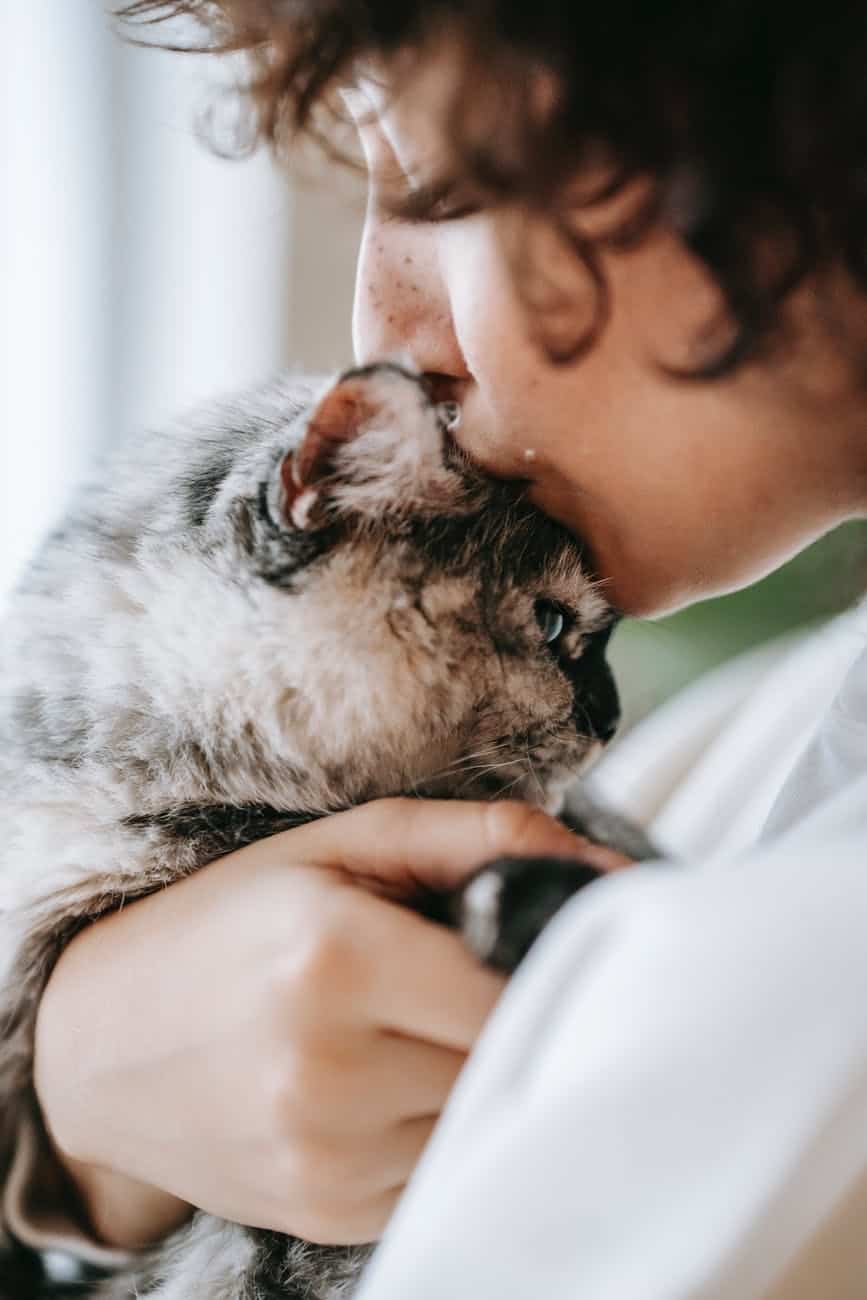
Pet your cat
Besides talking to your cat, petting them while talking also helps a lot to clear the air and show your cat that you want to be friends again. Petting has a soothing effect on both humans and cats. Most cats like being touched and particularly around the areas where their facial glands are located, like their ears, chin, and cheeks.
So, once your cat has cooled down enough to allow you to touch her, rub her gently behind the ears and cheeks. When she visibly enjoys it, that’s a good sign that things will be OK. Also, belly-rubs seem to work wonders sometimes but don’t push it.
Play with your cat and spend time with her
Cats are generally low-maintenance, and they keep to themselves quite easily. That’s an advantage when cat-parents are out for work most of the day. Because of our many obligations during the day, we often don’t set aside enough time to play with them.
Although that is totally understandable, the reason why your cat is giving you the cold shoulder might very well be a lack of attention.
Cats can be by themselves, but when living in groups, they thrive on social interaction, even if that group happens to be a human family instead of other cats.
Avoid your cat from feeling lonely and spend some time with her every day. Especially some physical activity that is fun for the both of you helps to keep your bond strong.
Playing with your cat is also a great way to keep their hunting instincts strong and ensure they get enough exercise to avoid obesity. If you’re looking for some great presents for your cat (goes a long way when apologizing), have a look here.
Come bearing gifts
Bringing your cat her favorite treat is a good idea because it might take her mind off of things. By focusing on the delicious treat, she might forget why she was angry in the first place.
On the other hand, it shouldn’t be the only peace offer that you make. If you come with nothing but a treat, you’re likely to get the cold shoulder, but in combination with the things mentioned above, it can sweeten the deal for your kitty.
If you’d rather not give your cat too many treats, consider catnip. Your cat will love you for it!
What are the things that get cats upset
Like we said many times, cats are generally easy pets to keep provided that some of their needs are met. Apart from the accidental step-on-tail or run-in, some specific situations can really upset your cat. It would be good to be aware of them.
Although you can’t always avoid these situations, be sure to give your cat some extra love and attention when this happens.
Loneliness
Because cats are so independent, they are easily overlooked or ignored when their owners are busy or have to deal with many things other than their cat. This can have a considerable impact on your cat because when living in groups (with other cats or humans), they need regular social interaction to stay mentally healthy.
A cat that doesn’t receive enough attention and care from its owner will become lonely. This, in turn, can lead to a range of other mental or even physical illnesses. Lonely cats tend to keep to themselves and become indifferent or even mildly aggressive to their owners.
Other pets
Another thing that cats hate is the introduction of new pets into the household without proper preparation.
You might think that introducing another pet into your household will prevent your cat from getting lonely. This might help, but the introduction needs to be gradual, and both parties need time to get accustomed to each other.
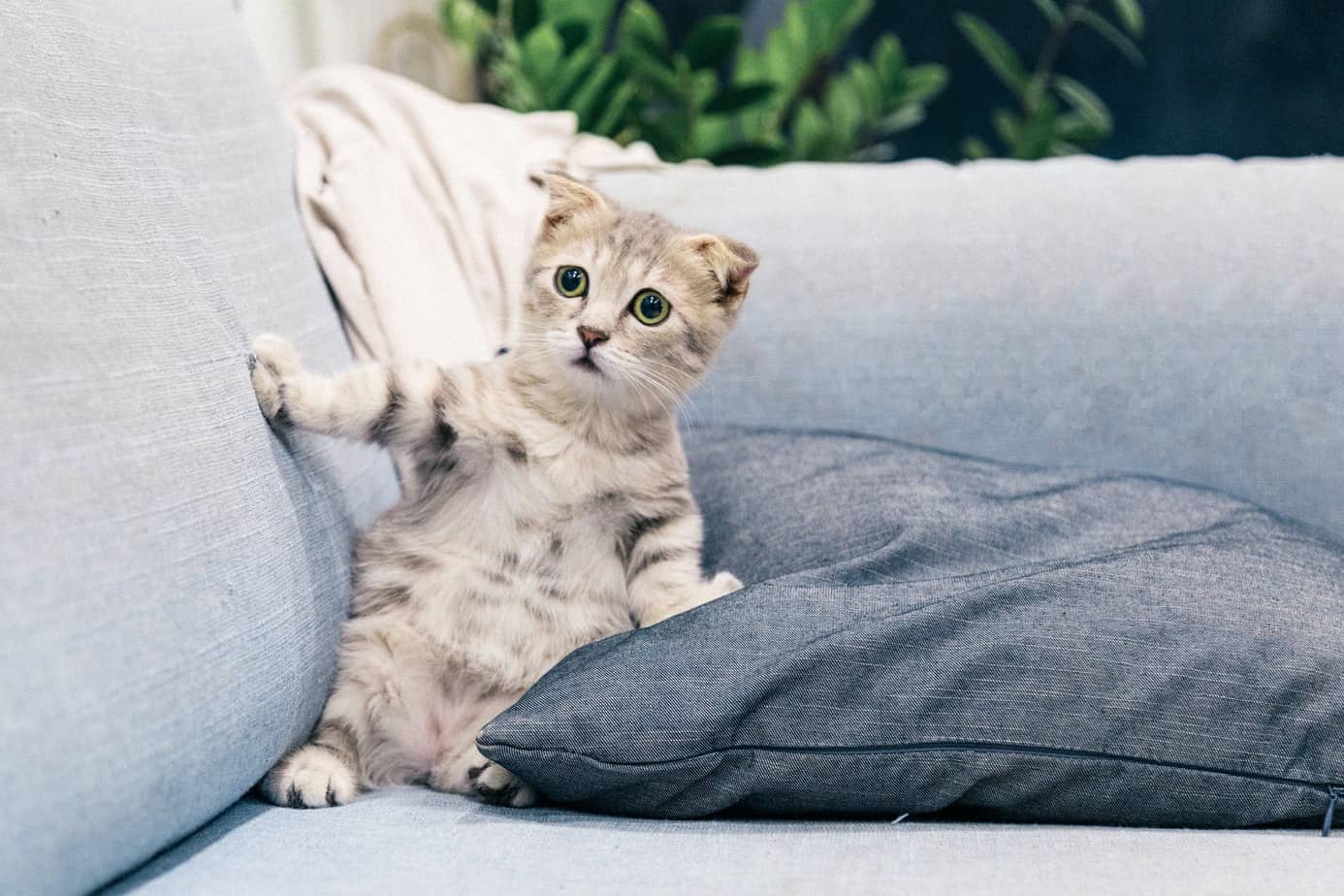
Introducing another pet into your cat’s world too quickly could really tick off your cat and have mental and physical problems as a result. The Humane Society wrote a great article about how to introduce another pet to your cat.
Visits to the vet
Of course, we only take our cat to the vet when there is something wrong with them, and we want to help them get better.
Your cat does not understand that those visits are for its own benefit. Especially when repeated and frequent visits are required, your cat might stress out about it and lose its trust in you.
You may find your cat keeps its distance and doesn’t enjoy your company. Apologizing and spending quality time with your kitty is more important than ever in those situations.
Ridiculing, tricking, and misleading your cat
For cats, their standing in the community is really important to them, and they don’t like being made fun of or being tricked.
When this happens, they will hide away and pout. It’s particularly painful to them if their owner or another human with which they have a close bond has caused this.
If a joke has gone too far, it is wise to apologize to your cat and make sure it doesn’t happen again.
How to tell if your cat is mad at you?
Although cats can be hard to read sometimes, it is usually pretty clear when they have beef with you and are mad at you.
First of all, your cat’s body language clearly indicates that they are less than pleased with your behavior. The ears and tail are clear give-aways.
An annoyed cat will usually flatten its ears and bend them backward. Its tail will often flick back and forth aggressively. They might also literally turn their back to you, showing you disrespect.
A second tell-tale sign that your cat could demand an apology is the projection of their anger.
These will happen in extreme cases, but we at Cat & Friends have experienced this first hand.
Sometimes, cats give not-so-subtle hints of their resentment. For example, scratching your furniture, breaking something they know belongs to you, or leaving a nice present (a poop) in your bed or chair.
On the other hand, cats don’t generally really hold grudges for a long time, especially if you don’t make it a habit to offend your cat. If you’d like to know why cats don’t hold a grudge against us humans, have a look at my article on this topic, here.
Final thoughts
Cats are very complex and sensitive animals. Sometimes it may seem as if nothing really sticks to them, and they just live in their own world.
Nothing is further from the truth, frankly, and they need our love and acknowledgment. Cats can get mad or disappointed by the things we do, even if that is unintentional.
Just as you would with a human, take the time to apologize to your cat when there is a need to. By the way, cats understand this, and they apologize to their owners in the same way if they went too far.

